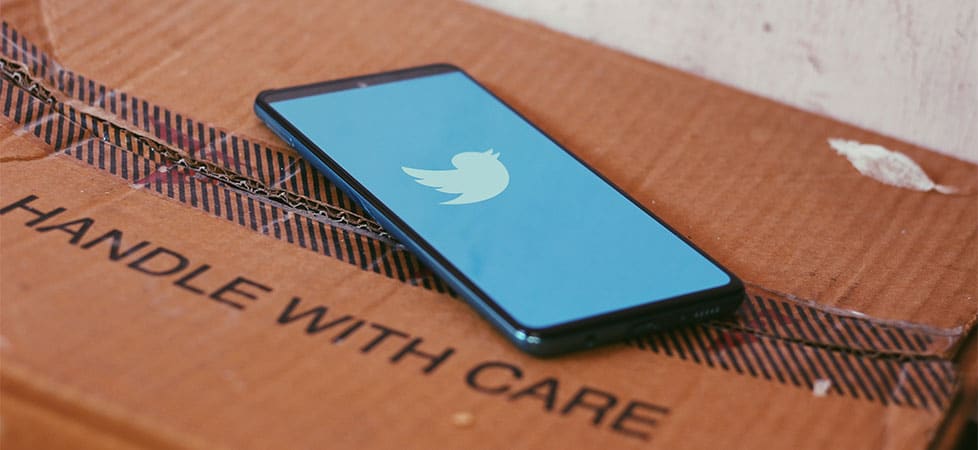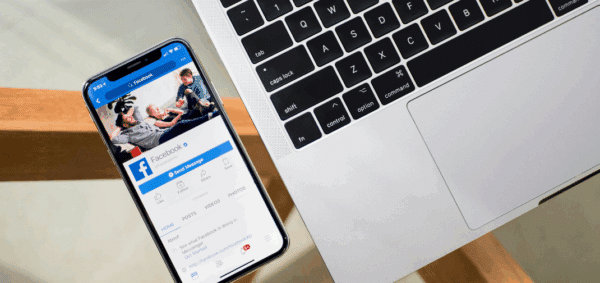Twitter is Dead; Long Live Twitter

“Is Twitter dying?”, millions of people tweeted
Just what you wanted to read: another hot take about the (possible?) demise of Twitter.
If you’ve spent any time on social media in the past few weeks, you’ve likely seen throngs of posts about what Twitter looks like after its acquisition by Elon Musk.
- “Make sure to back up your tweets!”
- “Here’s how to join a Mastodon server!”
- “Did Twitter really drive any traffic to our site anyway?”
People who spend copious amounts of time on Twitter (mostly journalists, customer service reps, and social media managers) are either up-in-arms, excited, or status quo about blue checkmarks, content moderation, and site reliability.
But what do you, the savvy marketing expert at your organization, need to care about? I’ll tell you exactly what matters to you.
Don’t Build Your Business On Someone Else’s Platform
Say it with me:
Don’t build your business on someone else’s platform.
For years, we’ve been talking about the all-too-frequent practice of building your digital presence or your marketing funnel or your online community on a platform that you don’t control.
It’s a terrible idea. It was true when everyone thought Facebook was dying. It was true when Google+ actually did die.
It’s still true today.
Don’t build your business on someone else’s platform. When you’re reliant on another company’s platform, any change they make will affect you – and not often in ways you’d like.
To be clear, this isn’t a specific prediction or recommendation that you should stop tweeting. CBS decided it was “pausing for much of the weekend to assess [Twitter’s] security concerns”, and then quickly returned (only to get pilloried in the replies).
The takeaway is that no matter what platform your organization or brand engages with, you do not control it.
Twitter, Facebook, LinkedIn, TikTok, Google – at any point, any of these platforms could cease to exist (unlikely) or tweak their algorithm (way more likely) and have a major impact on your business or mission. Of course, if you are not reliant on them for access to your community, fundraising, or website traffic, then whatever happens to them doesn’t need to greatly affect you.
How Reliant Are You On Platforms You Don’t Control?
Every marketing professional needs to understand how much of their work is controlled or affected by third-party platforms.
- What percentage of your website traffic comes from Google?
- How often do you raise money on Facebook?
- Are your videos only accessible on YouTube?
As unlikely as it may be, you need to know the impact that any of these platforms could have if (and when) there’s a change.
The entire SEO industry is built on the fact that Google is constantly tweaking its algorithms, and consultants are getting paid to tell you what changes you need to make in response.
Yes, it’s always good to follow best practices – we will never argue against that – but it’s the organizations who are counting on traffic from Google that are most at risk when the algorithms change. Don’t let Google be your only source of traffic.
To be clear: this does not mean that you can’t use these platforms to drive traffic to your website, or to help with customer service, or to host your media files. If the platform does what you need it to – great.
You simply cannot treat it as the sole method of driving traffic/reaching customers/hosting content. You must have multiple ways to do these things, lest you are completely reliant on a platform you don’t control.
Building Platforms You Do Control
There is good news.
There are platforms you can completely control and marketing methods that will always work, no matter what social media trend or industry acquisition is happening.
Your website
If you own the domain name, then you own the website. And if you own the website, you’ll always have a place you can point your customers, your donors, and your audience to.
Don’t just push people to your social media channels in lieu of a full-featured website; make sure your site is the definitive platform for your digital marketing.
Your email list
If you have your audiences’ email addresses, then you own the relationship. And if you own the relationship, you’ll always have a way to get in touch with them.
Don’t just aim for Followers and Subscribers; grow your email list.
So What Should You Do About Twitter?
Look, I love Twitter.
I love the ability to connect with people who have similar interests, like sports and culture, especially when there’s a big event that Twitter is allowing us to experience together.
Twitter is a great outlet for us as a company to show off our voice, connect with friends and partners, and to share things we find interesting.
But it’s not the only outlet we have, and if it disappeared tomorrow, our business wouldn’t be greatly affected.
When you’re deciding how much to invest in Twitter (or any other platform), do it knowing that it could all change tomorrow. And if it does, you need to make sure that it’s not stopping you from achieving your mission.

